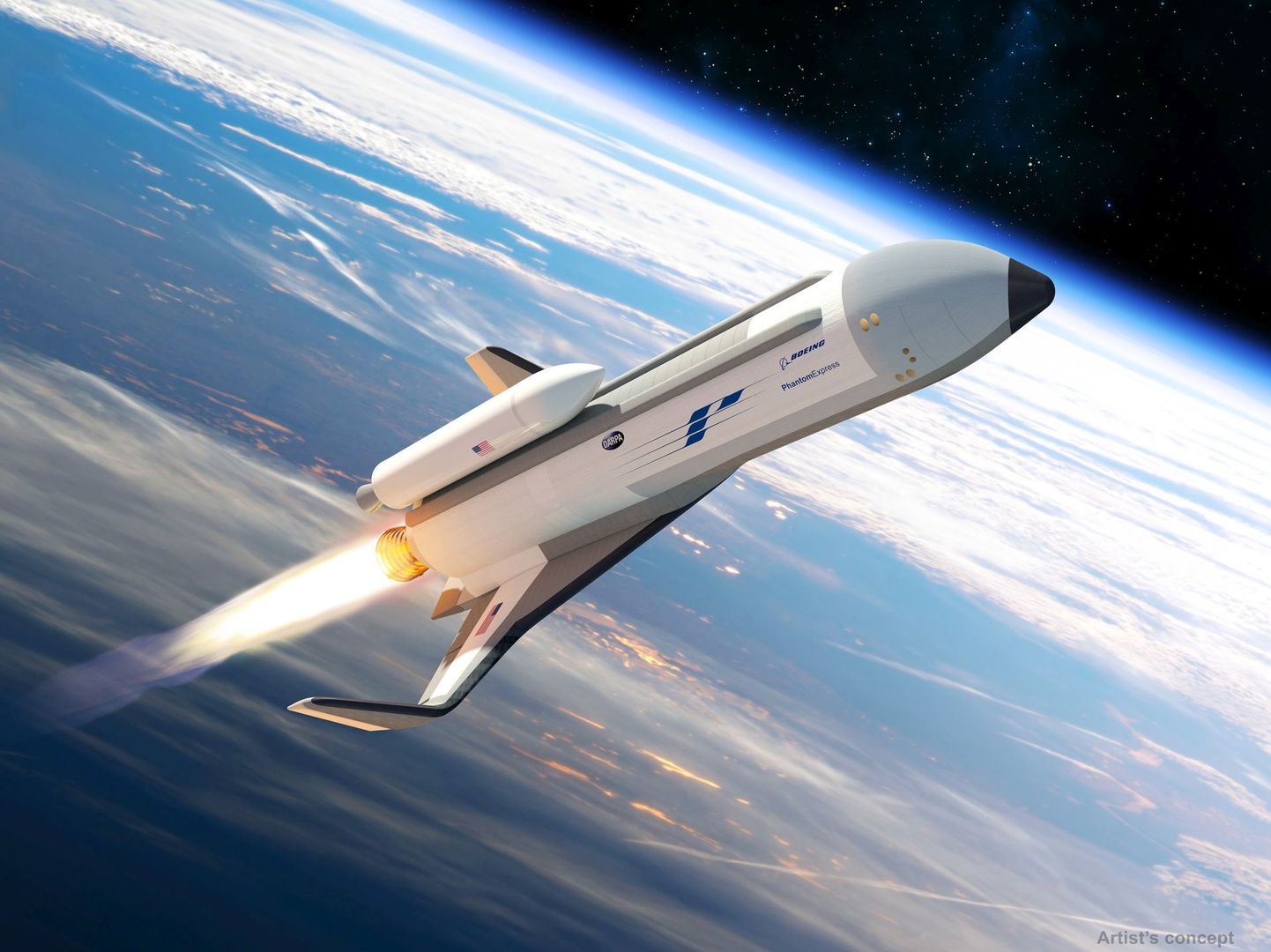The US military had selected Boeing to enter into a collaborative venture to construct an Experimental Spaceplane called Phantom Express. The project, however, began to wane before being cancelled altogether.
Defense Advanced Research Projects Agency (DARPA) has scrapped its proposed military spaceplane on Thursday after Boeing withdrew from the Experimental Spaceplane (XSP) program, which intended to expand the nation’s capabilities in space, Space.com reports.
The vehicle was originally named Phantom Express, an eerily appropriate name given that the the project will now never exist in material form.
“Following a detailed review, Boeing is ending our role in the Experimental Spaceplane (XSP) program immediately”, a Boeing representative said in an email on Thursday. “We will now redirect our investment from XSP to other Boeing programs that span the sea, air and space domains”, they added.
“We’re proud to have been part of a DARPA-led industry team that collaborated to advance launch-on-demand technology. We will make it a priority to harvest the significant learnings from this effort and apply them as Boeing continues to seek ways to provide future responsive, reusable access to space.”
While Boeing has moved on from the project, DARPA remain optimistic about the developments gained from pursuing it.
“This effectively ends the XSP program; however, the objectives of the program remain of interest, and may be explored in separate, competitively selected efforts”, DARPA communications chief Jared Adams told Space.com in an email.
“Per the Other Transaction Authority agreement for XSP, the company received payments in accordance with milestones reached”, Adams said when asked if DARPA is looking for a refund on the Boeing partnership.
Adams did stress, however, that despite the project’s failure, it did produce an overall benefit to space development.
“The detailed engineering activities conducted under the Experimental Spaceplane Program affirmed that no technical showstoppers stand in the way of achieving DARPA’s objectives, and that a system such as XSP would bolster national security”, he said.
“Through XSP, DARPA identified evidence that present-day liquid rocket propulsion systems are capable of supporting XSP objectives, remain of interest, and may be explored in separate efforts.”
XSP kicked off in 2013, and in 2017 the agency linked up with Boeing for the next two phases of the project.
Boeing won the bid over Masten Space Systems and the now-defunct XCOR Aerospace, with other collaboration projects involving Virgin Galactic and Northrop Grumman.
Phase 2 saw Boeing develop its Phantom Works division, constructing the US Air Force’s two robotic X-37B space planes to design and test the space vehicle.
The final phase would see active test flights of Phantom Express, with 12 to 15 such demonstrations which were originally set to take place this year.










